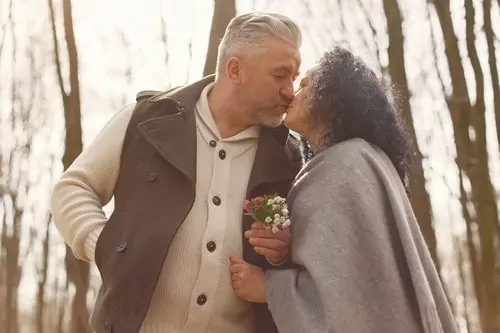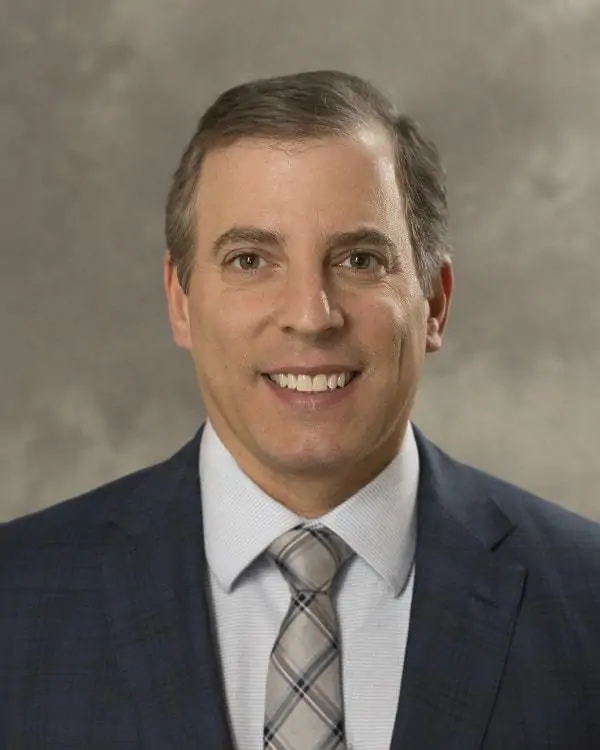The second most common disease in the United States is tooth decay. The first is the common cold. Of course, we all know how easy it is to catch a cold, but can you also catch cavities? Sounds pretty far-fetched. But guess what your dentist in Lyndhurst knows? Catching a cavity is totally possible — technically.
You Can Catch a Cavity?
While you may not be able to catch an actual cavity, you can definitely exchange bacteria with another person fairly easily. When you share drinks or food or kiss your loved ones, there’s a good chance that germs are transferred from one mouth to another. This is where the trouble can start.
The Trouble with Germs
We are all incredibly familiar with how easily germs spread, especially nowadays. But germs also contain bacteria, which means bacteria can also easily spread from person to person quickly. Bacteria is one of the main things that can cause cavities as they eat away at the protective enamel on teeth, causing decay. Every time you’re exposed to someone else’s saliva, you’re exposed to their bacteria too. Gross, right? Some common ways bacteria is transferred from one person to another, include:
- Sharing a spoon, fork, or straw
- Biting off the same piece of food
- Kissing
- Using someone else’s toothbrush
Regular Dental Appointments Help
Children and people with compromised immune systems are especially susceptible to infection and cavities from bad oral bacteria. But by keeping regular appointments with your dentist in Lyndhurst, you can help protect your smile from the dangers of bacteria. There are also some other things you can do to limit your chances of spreading bad bacteria from one person to another.
- Be cautious of what you share and with whom you share it. Even something like chapstick can transfer germs and bacteria.
- Brush your teeth twice a day and floss at least once a day.
- Do what you can to help produce saliva. Saliva can help fight off bacteria and prevent decay. Drink plenty of water throughout the day and consider chewing sugarless gum to help stimulate saliva production.
If it’s been more than six months since your last visit to your Lyndhurst dentist, it’s time to schedule an appointment. Professional cleanings help reduce plaque and tartar, keep gums and teeth healthy, and allow your dental team to check for any possible signs of decay. If we happen to find anything, there are several things we can do to help, such as fillings.


